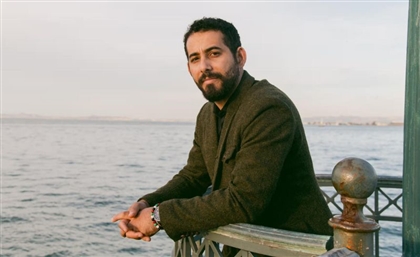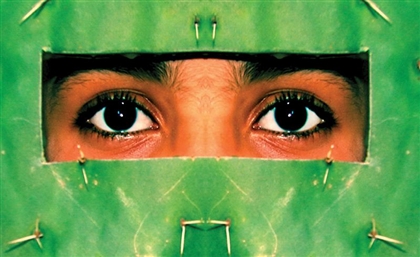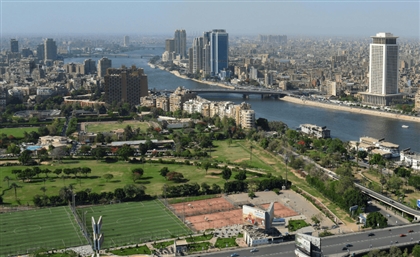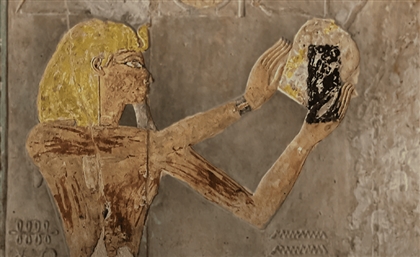The Writers & Poets Who’ve Lent Their Pens to Palestinian Resistance
"When it comes to Jews, you have a two-thousand-year memory, but when it comes to us Palestinians, you have a sixty-year amnesia." - Suad Amiry, Golda Slept Here
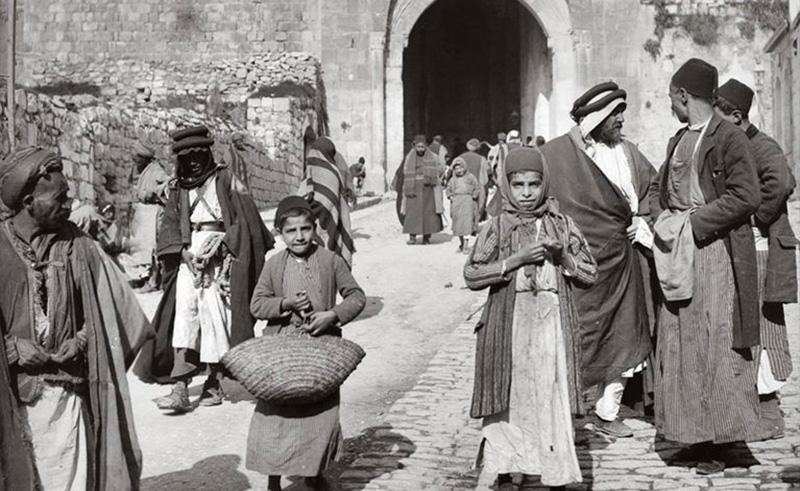
Words have always served as a medium to shape our understanding of the world. Authors, poets, and storytellers have fearlessly wielded their pens, crafting vivid imagery and evocative narratives to capture the essence of causes and experiences that demand expression. Within Palestinian resistance, the voices delineated below have resonated with unwavering courage. They have used their talents to document the struggle, resilience, and longing that define this enduring charge against genocide erasure and the Israeli occupation. In the following list, we pay homage to the writers and poets who have lent their voices to the Palestinian cause. Their words are both a testament to the enduring spirit of resistance and a tribute to the power of literature to transcend boundaries and inspire change.
Adania Shibli
Adania Shibli, a literary force hailing from Palestine, embodies the indomitable spirit of Palestinian resistance through the power of words. Her artistic repertoire, ranging from novels and plays to essays and short stories, captures the essence of her homeland's struggles and aspirations.
Beyond her literary contributions, Shibli's role as co-curator of the 'A Journey of Ideas Across: In Dialogue with Edward Said' symposium exemplifies her dedication to preserving the Palestinian cultural heritage and advancing the intellectual discourse surrounding their struggle. She serves as a source of inspiration for writers and activists alike in their pursuit of justice and solidarity.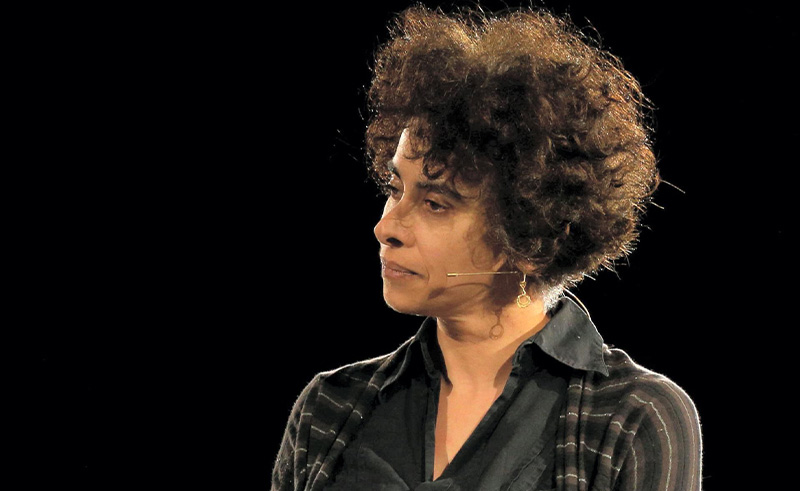 Hala Alyan
Hala Alyan
Hala Alyan, a distinguished figure in the world of literature, stands as a testament to Palestinian strength and talent. Her novel 'Salt Houses' has earned wide recognition, including the Dayton Literary Peace Prize and the Arab American Book Award and the Chautauqua Prize. In the realm of poetry, her award-winning collections, including 'The Twenty-Ninth Year,' reveal an intimate command of language and a unique ability to capture the essence of Palestinian identity. Beyond her writing career, Alyan's parallel role as a clinical psychologist underscores her multidimensional talent, mirroring the resilience of Palestinians excelling in diverse domains. Susan Abulhawa
Susan Abulhawa
Born into a family of refugees after the Six Day War in 1967, Abulhawa's journey embodies the Palestinian experience of displacement. Her literary works, including 'Mornings in Jenin' and 'The Blue Between Sky and Water,' have transcended borders with translations in over thirty languages. Her pursuit of biomedical science in the United States culminated in a successful medical career. Yet, her commitment to her Palestinian roots and the Palestinian cause remains unwavering.
In 2001, Abulhawa founded 'Playgrounds for Palestine,' an NGO dedicated to ensuring the Right to Play for Palestinian children. Her tireless advocacy continues to positively impact the lives of Palestinian youth. Residing in Pennsylvania, Susan Abulhawa is a living testament to the power of Palestinian voices transcending borders and instilling hope in countless hearts.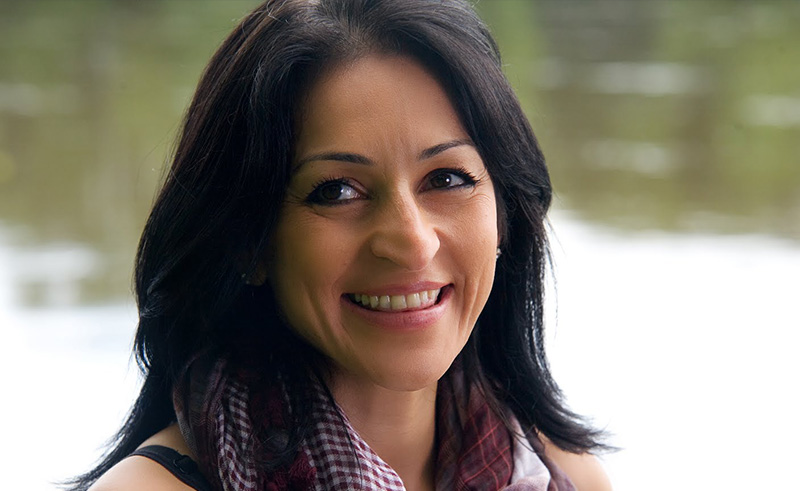 Suad Amiry
Suad Amiry
Suad Amiry, a prominent Palestinian writer and accomplished architect, weaves a narrative that resonates deeply within the Palestinian resistance. With Ramallah as her current home since 1981, her life's journey is a testament to the Palestinian experience.
Born in Damascus, Amiry's early life unfolded against the backdrop of Amman, Damascus, Beirut, and Cairo. Her academic pursuits led her to the world of architecture, culminating in studies at esteemed institutions in the United States and the United Kingdom.
In literature, her presence is undeniable, with works such as 'Menopausal Palestine: Women at the Edge,' 'Nothing to Lose but Your Life,' and 'Sharon and My Mother-in-Law,' translated into seventeen languages and commemorated with the 2004 Viareggio Prize.
Yet, Amiry's influence extends beyond the written word. Suad Amiry, alongside her husband Salim Tamari, an esteemed academic and political activist,founded the Riwaq: Centre for Architectural Conservation - a space where knowledge, culture, and social activism harmoniously coexist.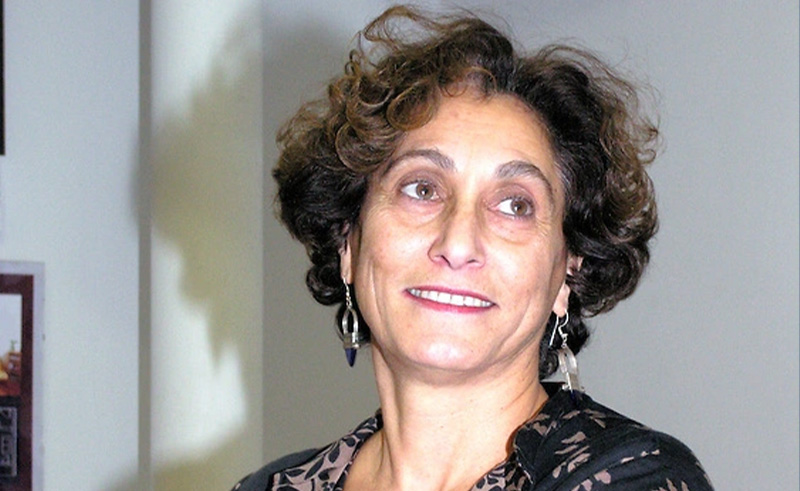 Liana Badr
Liana Badr
Liana Badr's journey unfolds against the backdrop of Jerusalem's historic streets, where she was born into a family deeply entrenched in the Palestinian nationalist movement. Her formative years played out in the ancient town of Jericho. Although she embarked on an academic path, earning a Bachelor's degree in philosophy and psychology from the Beirut Arab University, her quest for knowledge was disrupted by the tumultuous Lebanese civil war, thwarting her Master's degree aspirations.
Badr's commitment to the Palestinian cause led her to volunteer with various women's organizations dedicated to Palestinian issues. She also made her mark as an editor in the cultural section of the Al Hurriyya review. The Palestinian exodus from Lebanon in 1982 set her on a journey through Damascus, Tunis, Amman, ultimately returning to Palestine in 1994.
Her literary legacy is marked by a diverse body of work. In 1979, she unveiled her debut novel in Beirut, titled ‘A Compass for the Sunflower.’ Since then, she has expanded her repertoire with three more novels, the latest being ‘The White Tent’ in 2016.
Badr's narratives often revolve around women's experiences in times of conflict, delving deep into the complexities of exile and the ravages of war. Her writing style, as aptly noted by the Times Literary Supplement, defies the laws of fictional gravity, and her prose is rich with lyrical depth. Liana Badr's contributions to Palestinian resistance encompasses both the written word but the preservation of cultural heritage, making her an inspirational figure in the broader cultural landscape.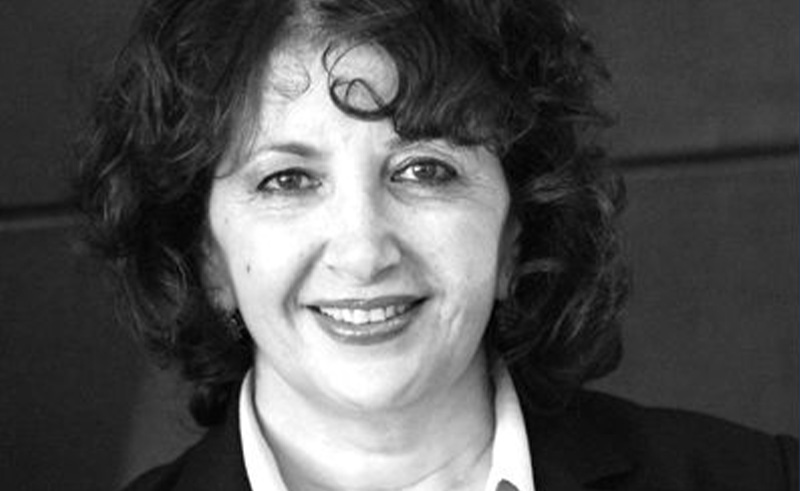 May Ziadeh
May Ziadeh
May Ziadeh, a prominent figure within the context of Lebanese-Palestinian literature, emerges as a resounding voice for Palestinian resistance. Born in Nazareth in 1886, Ziadeh's spirit propelled her to the forefront of the Nahda, the Arab renaissance of the early 20th century.
With fluency in English, French, German, Spanish, Syriac, Latin, and modern Greek, Ziadeh embarked on translating novels, bridging worlds and cultures through her literary translations into Arabic. Her dedication to the written word extended beyond her translations, as she authored numerous works of nonfiction, most notably engaging biographies that illuminated the lives of influential figures.
Yet, despite her impact on the literary landscape, Ziadeh's works remain veiled to the English-speaking world. The absence of her books in English translation is a lamentable void, hindering broader access to the richness of her contributions. Through her words, she challenged prevailing narratives and carved out a space for Palestinian voices to be heard.
Mahmoud Darwish
Born in the crucible of Palestine, Mahmoud Darwish emerges as an unwavering symbol of Palestinian resistance.
Mahmoud Darwish's poetic prowess and unyielding spirit have made him Palestine's preeminent poet. At the young age of twenty-two, he unveiled his debut collection, ‘Leaves of Olives’ (Dar al awda, 1964) cementing his evocative voice. Darwish's words resonate with the collective experience of Palestinians, capturing their pain, their dreams, and their unwavering spirit in the face of adversity. Through his poetry, he gives voice to the silenced, shedding light on the human aspects of the Palestinian struggle. His verses serve as a powerful testament to the resilience, dignity, and yearning for justice that define the Palestinian people.
In a world where voices of resistance are often stifled, Mahmoud Darwish's poetry stands as a testament to the indomitable power of the written word. It is our collective responsibility to ensure that his work continues to be celebrated, translated, and disseminated, allowing his insights to ignite conversations, challenge perceptions, and inspire generations to come.
Edward Said
Born in 1935 in Jerusalem, Said’s insatiable thirst for knowledge led him to the United States, where he pursued higher education at Princeton and Harvard and Columbia University.
Said's intellectual legacy is characterized by an extensive body of work, comprising twenty-two books that have been translated into thirty five languages. His seminal publications, including ‘Orientalism’ (1978), ‘The Question of Palestine’ (1979), and ‘Culture and Imperialism’ (1993), challenged prevailing narratives and dissected power structures with acuity and precision.
Through his eloquent prose, Said dismantled Orientalist stereotypes, advocated for Palestinian self-determination, and examined the intersections of culture, imperialism, and literature. Said's writings exude erudition but also embody the lived experiences of the Palestinian people. By challenging prevailing narratives and advocating for the rights and dignity of Palestinians, Said's work became a catalyst for intellectual and social transformation.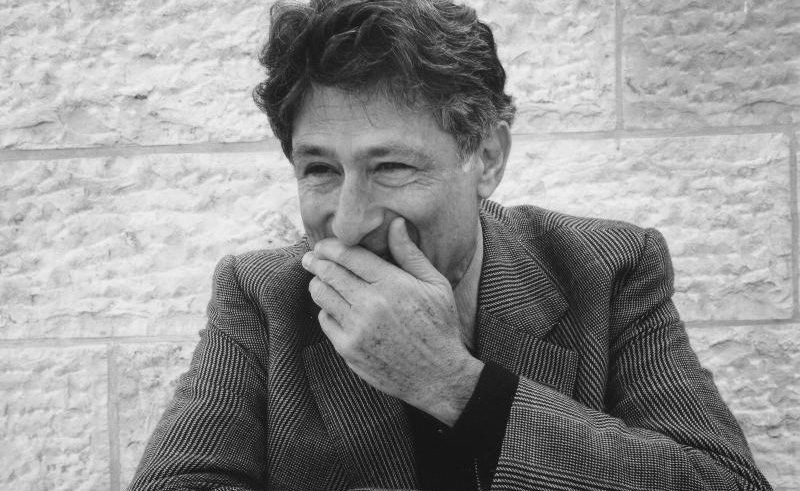 Ghassan Kanafani
Ghassan Kanafani
Ghassan Fayiz Kanafani, a prominent Palestinian journalist, fiction writer, and spokesperson for the Popular Front for the Liberation of Palestine, led a life that tragically came to an end at the age of 36. Born in Acre, Palestine, during the era of British mandate in 1936, Kanafani hailed from a family where his father worked as a lawyer.
The tumultuous events of the 1948 Arab-Israeli War forced Kanafani and his family to flee their homeland and seek refuge in Lebanon. However, their stay there was short-lived, as they soon moved to Damascus, Syria, where they settled as Palestinian refugees. Despite the challenges he faced, Kanafani found solace in education and pursued studies in Arabic literature at the University of Damascus.
Following his education, Kanafani devoted himself to teaching in the Palestinian refugee camps in Syria. It was through his interactions with the young children living as stateless individuals that he drew inspiration for his poignant and evocative short stories. These stories were deeply influenced by the experiences of the Palestinian people and their struggle for liberation.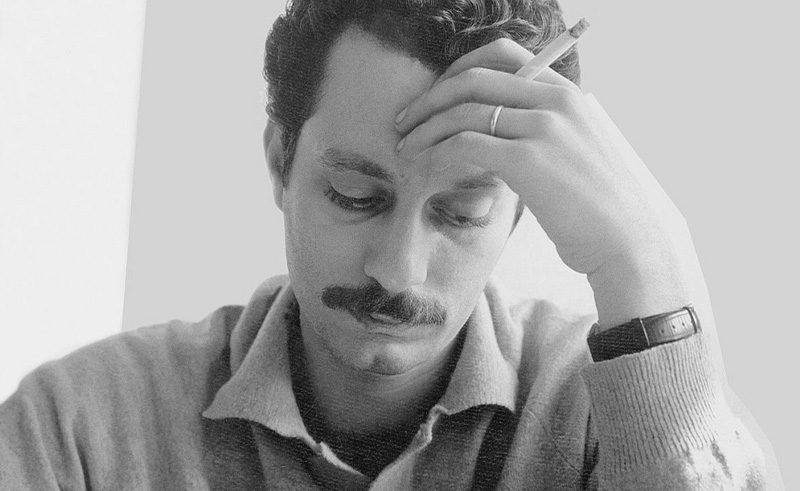 Kamal Nasser
Kamal Nasser
Born in Gaza in 1924, Kamal Butros Nasser, a political leader, writer, and poet, emerged as a steadfast voice for Palestinian liberation in the early 1970s as the spokesman for the Palestinian Liberation Organization.
Nasser's journey began in his hometown of Birzeit, where he received his education at what is now known as Birzeit University. He continued his studies at the American University of Beirut, specializing in political science and laying down the foundation for his lifelong commitment to the Palestinian cause.
Throughout his multifaceted career, Nasser made significant contributions to journalism and literature. He played a pivotal role in establishing influential publications such as the newspaper al-Ba‘ath in Ramallah and the militant publication al-Jil al-Jadid (The New Era). These platforms became vehicles for expressing the aspirations and struggles of the Palestinian people.
Tragically, Kamal Butros Nasser's life was cut short in 1973. Through his poetry and writings, Nasser captured the essence of resistance, articulating the hopes, dreams, and struggles of his people. In a world that seeks justice and equality, Nasser's literary legacy serves as a reminder of the enduring spirit of the Palestinian people.
Hussein Barghouthi
Hussein Barghouthi (1954 - 2002) remains an enduring figure in the Palestinian literary landscape.
Born in the village of Kobar in Ramallah, his intellectual journey led him to the University of Washington, Seattle, where he pursued a Master's and a PhD in comparative literature. Returning to Palestine, he channeled his knowledge and passion into academia as a professor of philosophy, cultural studies at Birzeit University, and later as a professor of literature critique and theater at Al-Quds University. His legacy lives on, transcending borders and time, and continues to inspire, even after his courageous battle with cancer in 2002.
Hussein Barghouthi's influence on Palestinian resistance transcends the confines of literature. His multifaceted contributions encompass the written word and extend to the crucial preservation of cultural heritage. These combined efforts render him an inspirational and highly influential figure within the broader cultural landscape.
- Previous Article Italian-Palestinian Duo No Input Debuts Eponymous Electro EP
- Next Article Egyptian Embassies Around the World
Trending This Week
-
Jan 31, 2026








